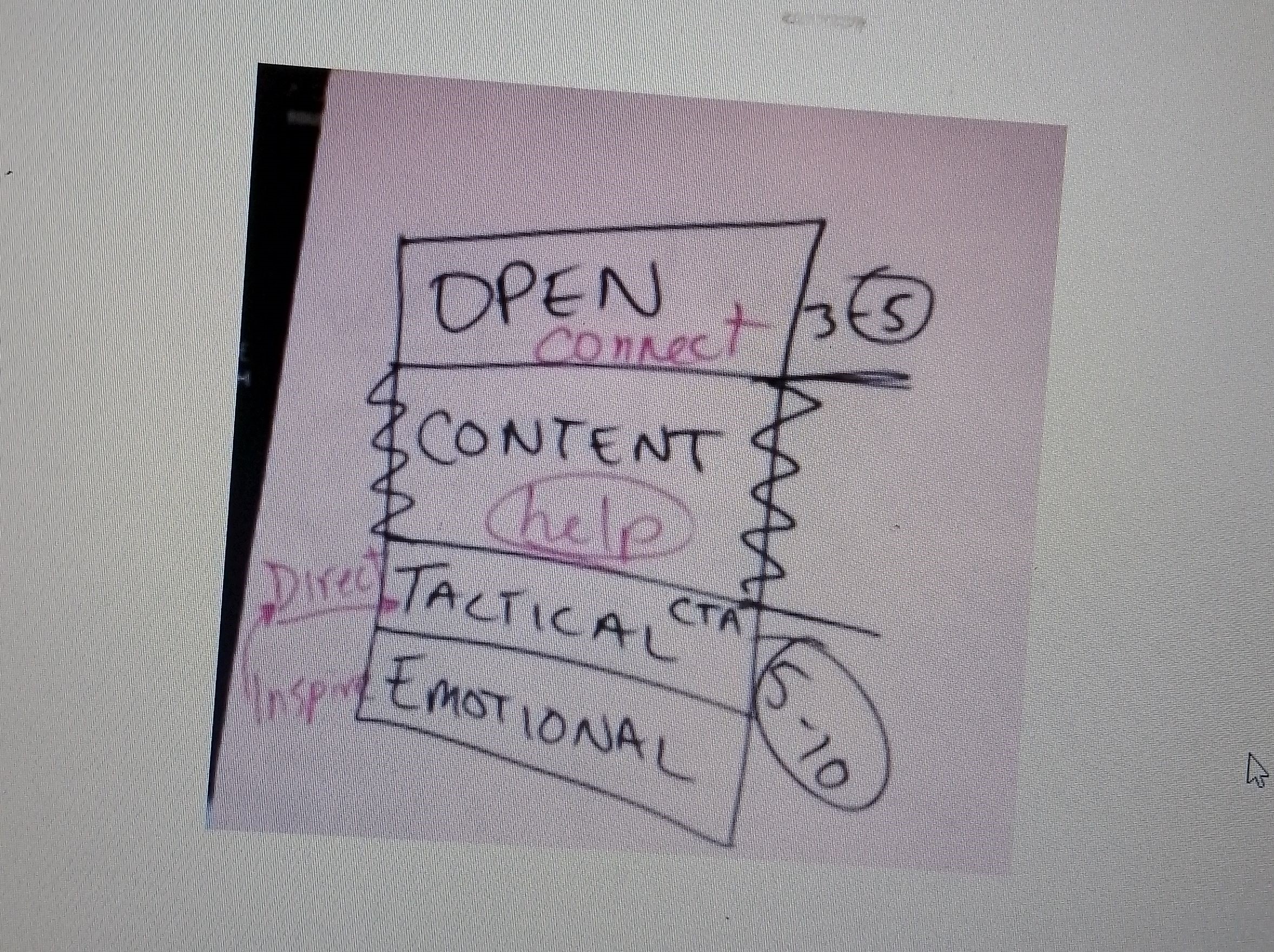
How Do You Make A Speech That People Remember Forever?

There are speeches and there are great speeches.
Martin Luther King Jr.’s “I have a dream…” speech is talked about and referenced daily all over the world.
Yet that speech was made on August 28, 1963, over 60 years ago.
Julius Augustus Caesar’s speech at the Capitol after the assassination of Julius Caesar remains evergreen.
Who will ever forget JF Kennedy’s inaugural address with the immortal words, “we shall pay any price, bear any burden, meet any hardship, support any friend, oppose any foe to assure the survival and success of liberty?”
Who will ever forget JFK’s promise to “send an American to the moon and bring him safely back to earth?”
We remember “ask not what your country can do for you – but what you can do for your country” as if it was uttered yesterday.
It is said that when Cicero spoke in ancient Rome, people turned to each other and said, “Great speech.”
But in ancient Greece when Demosthenes spoke, people turned to each other and said, “Let’s march.”
What did Demosthenes do differently?
Demosthenes consistently used what is labelled “emotional close”.
Emotional close is for inspiration.
You’re motivated when you get hold of something and inspired when something gets hold of.
While Cicero was a great statesman and an orator, he couldn’t lift the crowds to frenzy because he always stopped at a “logical close”.
To move your audience to ecstasy you must move beyond logic and immerse them in an ocean of inspiration.
Anybody can learn the nuances of a great speech and make speaking one of his or her income pillars. Men and women that excel use oratory as one of their weapons.
Follow this formula in every speech:
1. Open
2. Body
3. Close 1
4. Close 2
Open
Clarity is the key for a great opening. The instant aim is to connect so closely with the audience they won’t let you go. Let people know what your speech is all about using a “key phrase”. Milk and sprinkle the key phrase throughout your speech. Remember, “I have a dream…”
Your opening must be so logically and emotionally charged that your audience is jostled into attention. You can open with a great quotation, little known statistics or a story buried in mythology. Amateurs crack a joke. Avoid that as the plague in your opening.
Body
The body is the meat of your speech. Spice your content with depth and breath, sprinkle it with metaphors, analogies, rhymes, similes, allegories and the result of recent research (best of all, your research) you have never before shared. Adhere to a theme and make no more than three major points. This is the secret of the “Rule of three.” End the body of your speech with a crescendo.
Close
The close focuses on the key takeaways from your speech and your call to action. No one will take anything away from your speech unless every thread is logically weaved together. And no one will take action on your speech unless and until they are emotionally invested in your speech. You can’t achieve the two at the same time. You need two closes. Close #1 is the logical close where you appeal to the head, while Close #2 is the emotional close where you appeal to the mind.
Your close is not the place to add new information to what you have already said. It’s time to decrescendo. The focus is your call to action: what do you want the audience to do immediately after your speech? Will they say, “What a great speech”, and forget about you tomorrow? Aim for them to remember you for generations to come by saying, “Let’s march.”
Don’t just be a great speaker, be a speaker generations remember forever. If you do, you’ll become legendary.
Taken to the highest levels, you can become stupendously wealthy using the strategy of OPS (Other People’s Stages).
2 Comments